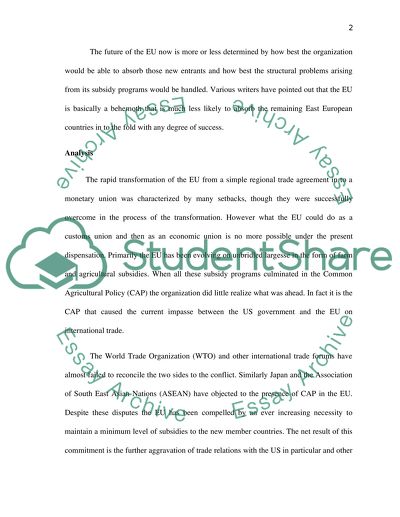Cite this document
(“Is the EU reaching the limits of enlargement Essay”, n.d.)
Is the EU reaching the limits of enlargement Essay. Retrieved from https://studentshare.org/politics/1514749-is-the-eu-reaching-the-limits-of-enlargement
Is the EU reaching the limits of enlargement Essay. Retrieved from https://studentshare.org/politics/1514749-is-the-eu-reaching-the-limits-of-enlargement
(Is the EU Reaching the Limits of Enlargement Essay)
Is the EU Reaching the Limits of Enlargement Essay. https://studentshare.org/politics/1514749-is-the-eu-reaching-the-limits-of-enlargement.
Is the EU Reaching the Limits of Enlargement Essay. https://studentshare.org/politics/1514749-is-the-eu-reaching-the-limits-of-enlargement.
“Is the EU Reaching the Limits of Enlargement Essay”, n.d. https://studentshare.org/politics/1514749-is-the-eu-reaching-the-limits-of-enlargement.


